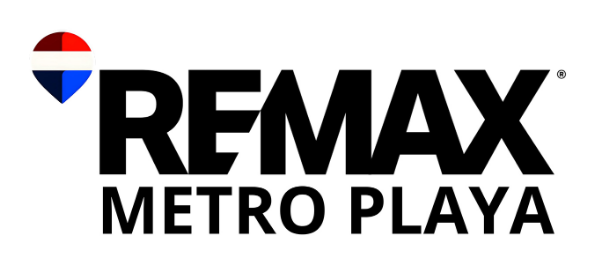Selling a property in Puerto Rico is a rewarding experience when you understand the specific legal requirements and cultural nuances of the local market. Whether you’re a first-time seller or have sold properties before, this checklist will help you navigate the process efficiently and attract both local and international buyers.
Required Documents Specific to Puerto Rico
Before listing your property, make sure you have these essential documents ready:
- Property Title (Escritura): Proof of ownership registered with the Puerto Rico Property Registry.
- CRIM Certification: Confirms that property taxes are up to date.
- Debt Certification (Carta de Deuda): Verifies any outstanding balances with utilities or HOA fees.
- Property Tax Payment Receipts: Required for closing.
- Blueprints or Property Plans: Especially important for buyers planning renovations or expansions.
- Energy and Water Certifications: If applicable, confirming compliance with efficiency standards.
Tip: Having all documents prepared in advance helps avoid delays during closing.
How to Prepare Your Property to Attract Local and International Buyers
- Highlight Unique Features: Buyers from abroad are often drawn to ocean views, proximity to tourist attractions, and cultural hotspots. Locals may prioritize security, location, and amenities.
- Stage the Property Professionally: Create a welcoming, clutter-free environment that appeals to a broad range of buyers.
- Invest in High-Quality Photos and Virtual Tours: Many international buyers make purchasing decisions based on online presentations.
- Ensure Curb Appeal: First impressions matter. Invest in landscaping and exterior repairs to make your property stand out.
- Consider Language Accessibility: Provide marketing materials in both English and Spanish to widen your reach.
Tax Considerations When Selling a Property in Puerto Rico
- Capital Gains Tax: Profits from the sale may be subject to capital gains taxes. However, exemptions may apply if the property was your primary residence.
- Property Tax (CRIM): Ensure all CRIM payments are current before the sale. Outstanding balances must be settled at closing.
- Notary and Closing Fees: In Puerto Rico, closings are typically handled by a notary public, and their fees are part of the closing costs.
- Consult a Tax Advisor: Tax regulations can vary depending on your residency status and property type. Seek expert guidance to avoid surprises.
Local Resources for Appraisals and Certifications
- Licensed Appraisers: Required to determine the fair market value of your property before listing it.
- Certified Home Inspectors: Help identify potential issues that could affect the sale price or negotiations.
- Municipal Permits and Certifications: Verify that your property complies with local building codes and permits.
- Professional REALTORS®: Working with an experienced local REALTOR® ensures you have access to the right contacts and resources to streamline the selling process.
Final Tip: Selling your property in Puerto Rico doesn’t have to be complicated. With the right preparation and expert support, you can close the deal smoothly and maximize your return.

